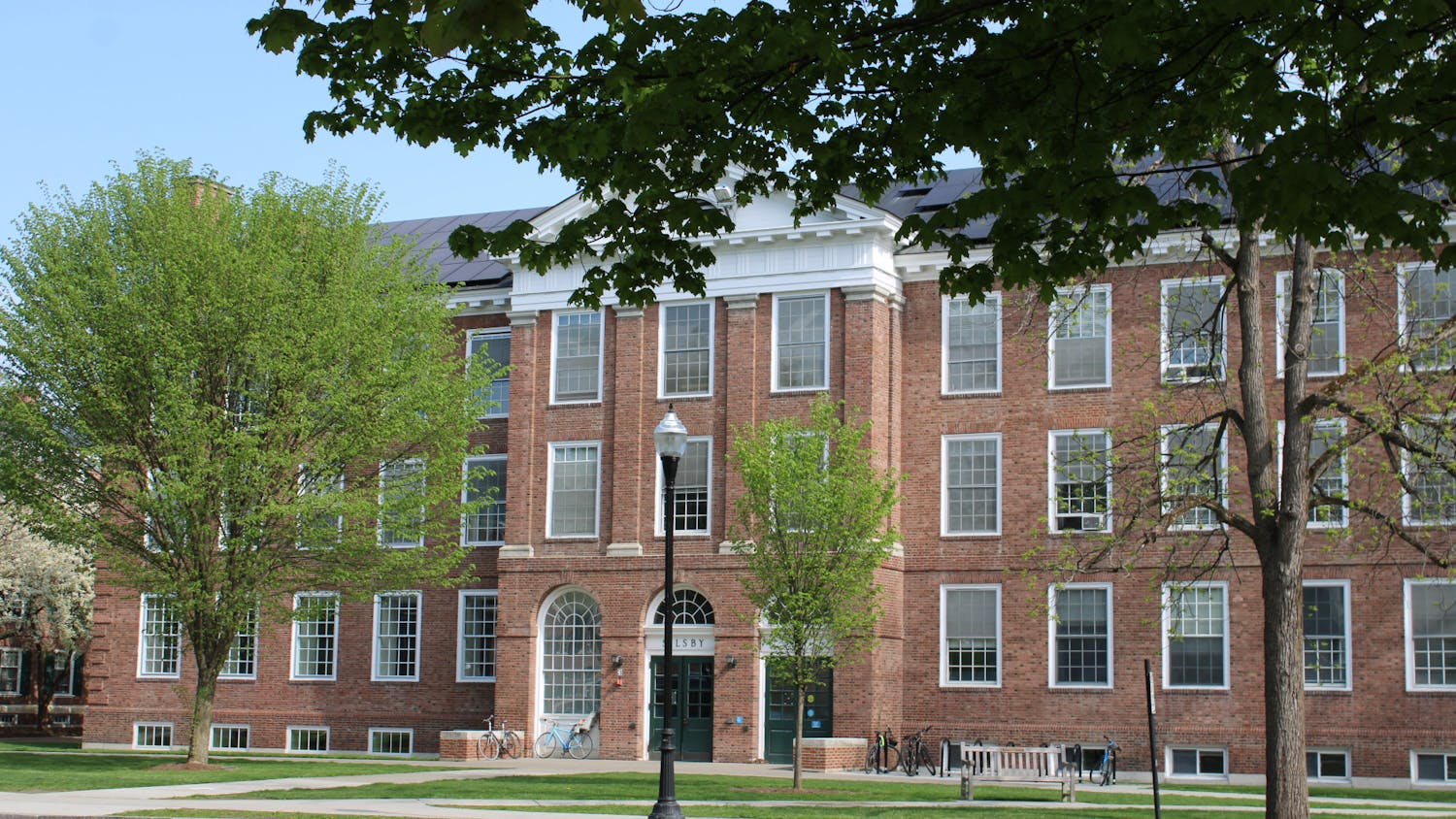At Dartmouth College, which offers more than 60 majors and numerous other minors, the mathematics department is largely an enigma for the hundreds of social science and humanities students who fulfill their single QDS distributive requirement and move on. Contrary to popular belief, mathematics is a much more diverse and dynamic discipline than the introductory calculus and statistics courses that most students take.
According to mathematics department chair Scott Pauls, mathematics courses at Dartmouth prioritize critical thinking and problem solving over computation.
“There is a widespread misconception, especially in Math 3, which I teach, that mathematics is solely about computation,” Pauls said. “Finding an answer is important, but mathematics is more so about understanding how things work in a quantitative context, and computation is only a piece of that.”
Mathematics professor Anne Gelb echoed Pauls’ sentiments.
“Mathematics is critical to learn how to analyze things that are important for everyday living,” Gelb said. “Looking at problems from a quantitative perspective is very much important, and even though mathematics is an old discipline, there are many current, cutting edge research topics to explore.”
This summer, Gelb and fellow math professor Feng Fu will coordinate a program for undergraduates called the “Mathematics of Misinformation” in order to examine how numbers and data can address the current fake news crisis.
In fact, Dartmouth offers many opportunities for student and faculty research in the realm of mathematics. For example, the Jack Byrne Scholars Program, a $20 million grant named after the late insurance executive and philanthropist Jack Byrne, supports undergraduate research, graduate research and faculty recruitment in the department of mathematics.
Not only is mathematics a somewhat misunderstood discipline at Dartmouth, but the mathematics major and minor are more open-ended than many students realize according to Pauls. In the mathematics department students can pursue a major or minor in applied or pure mathematics.
“Many students seem to believe that there’s only one math major, but in fact, the mathematics major is fairly flexible,” Pauls said. “Not only do we have different flavors of our major, such as a new major in mathematical data science, but there is a lot of flexibility in our traditional math major. Little is prescribed, and that often surprises students.”
Between 4 and 5 percent of the students in each graduating class pursue a mathematics major at Dartmouth, making it the ninth most popular undergraduate major. In the Class of 2017, for example, 43 out of 1,069 graduates received a bachelor’s degree in mathematics.
Sara Gagnon ’18, a New Jersey native, is pursuing a mathematics major and an art history minor and specializes in applied mathematics.
“I always really liked math and numbers, ever since I was young,” Gagnon said. “I initially thought about majoring in economics, but I ultimately chose to pursue applied math because the marriage of numbers and data fascinates me.”
Gagnon also likes the similar structure of all of the math courses at Dartmouth. With the exception of one projects-based course that she has taken, all of her other math courses at Dartmouth have included nightly homework assignments, one or two midterm exams and a final exam. She has also never had to take multiple mathematics courses concurrently.
Gagnon, who will join a consulting firm in Boston after she graduates from Dartmouth this June, highly recommends that numbers-oriented students consider pursuing a mathematics major or minor at Dartmouth.
“The introductory courses can be pretty intimidating, so don’t get discouraged,” she said. “It gets better as you get older. If math and numbers interests you, I would definitely recommend that you consider majoring or minoring in math.”
Pauls strongly believes that, in addition to being useful and practical in the real world, a solid background in the realm of mathematics is a key component of a well-rounded liberal arts education.
“Not only is mathematical training practical for any major, and perhaps I’m being a bit idealistic, but it is one of the foundations of intellectual progress in some sense, classically and modernly,” Pauls said. “It is a skill set that is important for understanding how the world works and it gives a particular perspective of things that complements other perspectives.”



